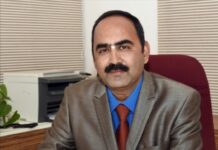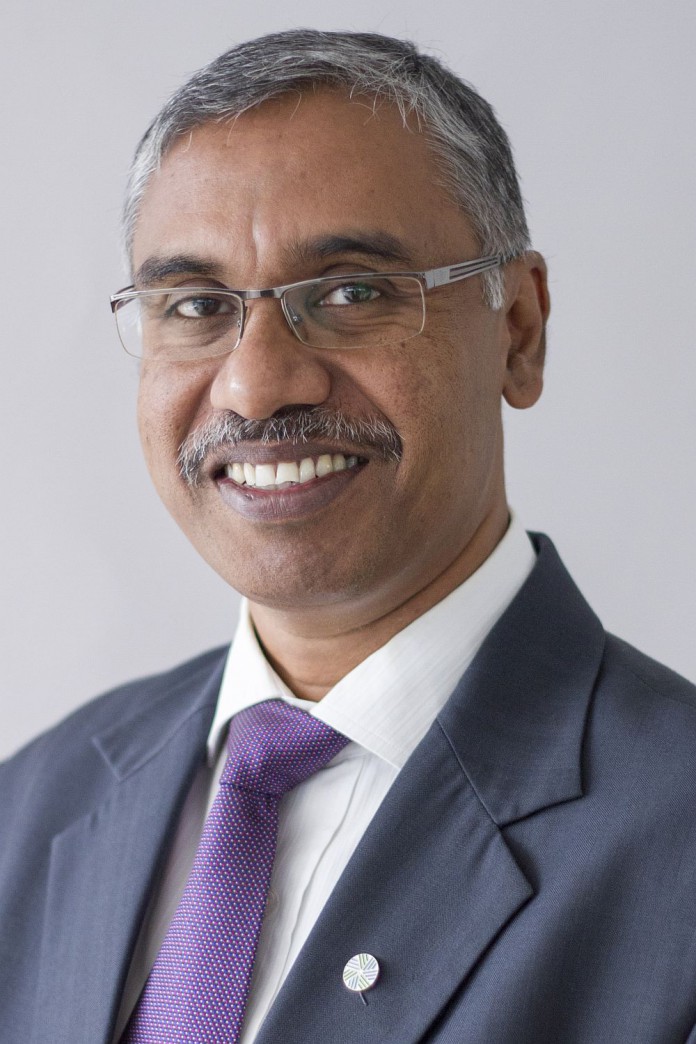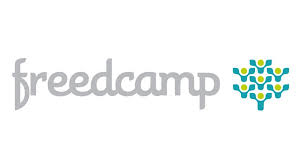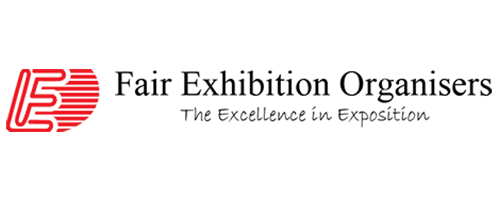Vidhu Shekhar, CFA, CIPM Investment
Country Head – India, CFA Institute
When I was very young, my mother bought me a picture book with the title “What Shall I Be”. Each page had the picture of a pilot, a doctor, a lawyer, painter or singer, with a line written in bold letters about why I would like to be that person – “I will be a pilot because I can fly high up in the sky”. The one I liked best was the fireman, his face blackened with soot and wearing a fearless expression.

Important Announcement – EasyShiksha has now started Online Internship Program “Ab India Sikhega Ghar Se”

I remember being fascinated by the pictures in the book. It was probably the first time that I thought about my grown-up self. I didn’t become any of the personalities in the picture book, but the idea that we somehow become a different person depending on the profession we choose remained in my consciousness. My first job was as a software engineer, and I took pride in my ability to understand the requirements of my users and build complex, resilient systems that stood the test of time. Like others in my profession, I took pride in my skills as well as the contribution that I was making.
So, what is common between a fireman, a doctor and an investment professional? Each of these is a profession that serves the community, and people have certain expectations from those who hold themselves out as a member of the profession. When an emergency occurs, firemen and doctors are both expected to drop whatever they are doing and save lives.
The investment profession is no exception to this rule. Our industry has become very complex, and it is often hard for new entrants to this industry to see how their particular job fits into the larger scheme of activities through which we make a difference to our customers. Recognising this, CFA Institute added six words to its original mission statement – to lead the investment profession globally by promoting the highest standards of ethics, education and professional excellence for the ultimate benefit of society. This was done around ten years ago in the wake of the global financial crisis, and our intent was to reaffirm the central tenet that our profession exists to serve society, and we will always be judged by how well we are doing this.
Top Software Engineering Courses
Important Announcement – EasyShiksha has now started Online Internship Program “Ab India Sikhega Ghar Se” during this lockdown.
So, what does this mean for someone who is just starting out in the industry? If I am trying to get a job, any job, that will pay my bills and help me get on with life, why should I worry about such philosophical questions? The answer to this question lies in the powerful insight that long term success depends upon our ability to make the connection and ensure that what we are doing is ultimately connected to the well-being of our customers. Your job is not merely a job – it is the mechanism through which you are practising your profession. Whether you work as a portfolio manager, a security analyst or a wealth advisor, whether you work in a boutique firm or a large multinational, you need to develop the consciousness that you are working in the long term interest of the ultimate customer.
There are two components to being a professional – what to do, and how to act. You have to be competent in whatever you do, and that requires you to acquire the knowledge, skills and experience required for the job. This is a necessary but not sufficient condition. Our industry is filled with stories of people who are otherwise competent but have put their own short-term interests ahead of the interests of their clients. This may lead to short term success but is ultimately bad both for you as a person as well the profession as a whole. The CFA Code of Ethics and Standards of Professional Conduct is a useful guide to how we should conduct ourselves professionally. As part of the requirements for the charter, members of CFA Institute are required to affirm the codes and standards every year when they renew their membership. The code requires members to place the integrity of the profession and the interest of clients above their own interests. It also requires members to always act with integrity, competence and respect, and to maintain and develop their professional competence. The Standards of Professional Conduct cover a wide range of topics specific to the practice of investment management. This includes professionalism and integrity of capital markets, duties to clients and employers, standards related to investment analysis and recommendations, and dealing with conflicts of interests. Together, the codes and standards provide with a systematic framework for practising the investment profession in a way that promotes integrity and professionalism.
Empower your team. Lead the industry
Get a subscription to a library of online courses and digital learning tools for your organization with EasyShiksha
Request NowWhether as doctors, lawyers or investment professionals, we receive the licence to practice from society. As experts in the profession, members of society count on us to do the right thing. If this trust is broken, we lose the licence. It is unlikely that we will ever be in the child’s picture book along with the fireman, pilot and doctor, but the investment profession is as important as any of these professions. How we conduct ourselves will determine how the next generation will look at us.
For information related to technology, visit HawksCode and EasyShiksha
ALSO READ: privatecourt-set-revolutionize-concept-online-dispute-resolution
Get Course: Introduction-to-Cloud-Computing






































































